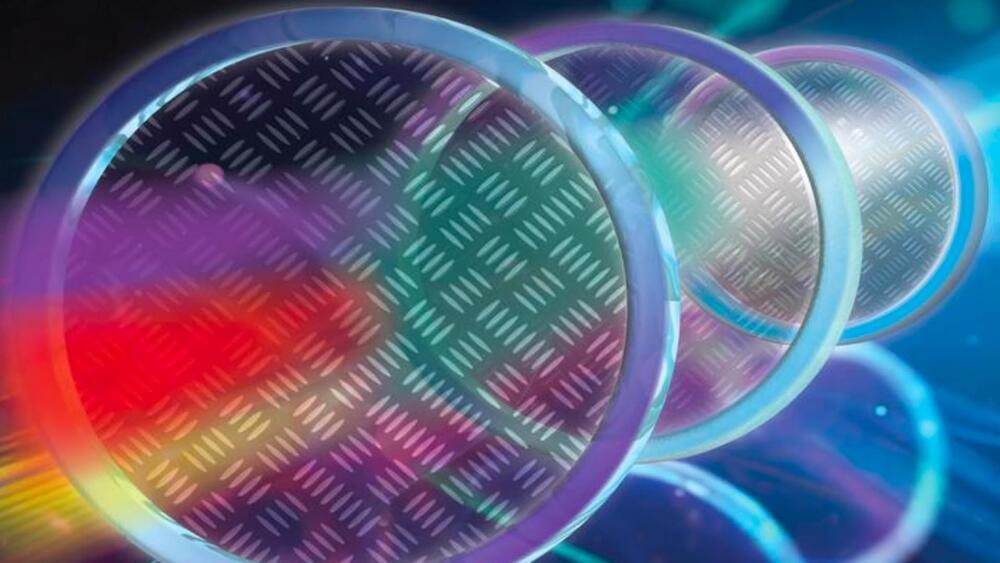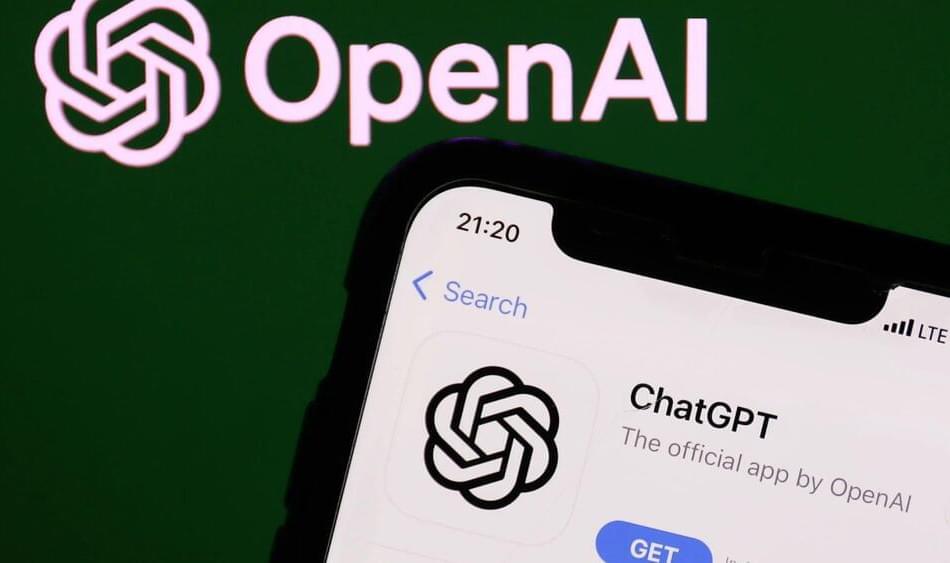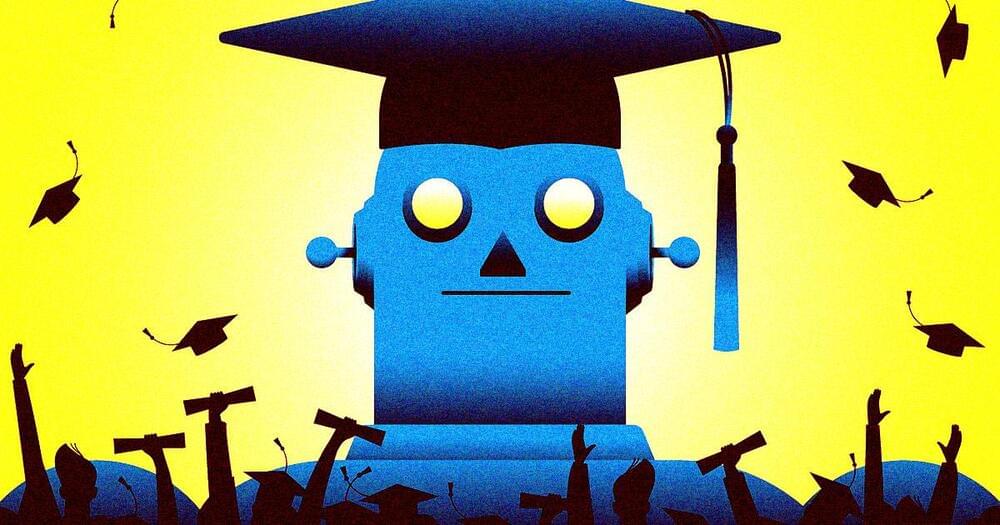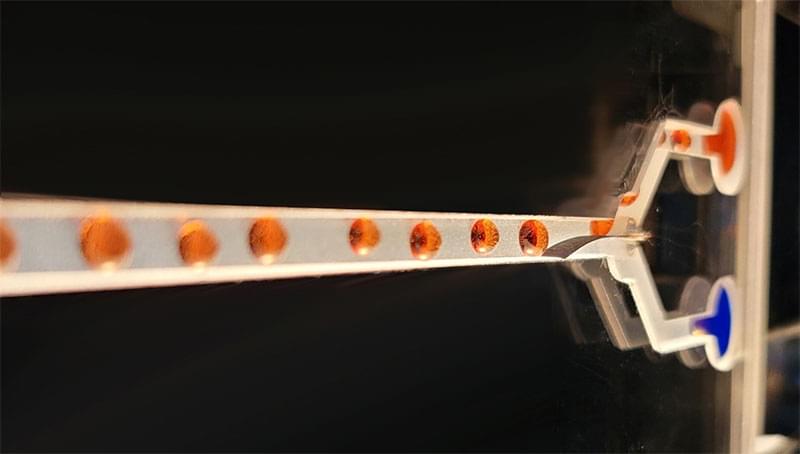Welcome to the thrilling world of autonomous fabrication, where the only constant is change, and the speed of that change is akin to a caffeinated cheetah on a treadmill.
This blog focuses on revolutionizing the iteration cycle in autonomous fabrication, emphasizing the need for rapid and efficient transitions from design to deployment.
The overarching theme is the synergy between advanced technology and a transformative mindset in manufacturing, aiming for smarter, more sustainable, and compliant operations.








